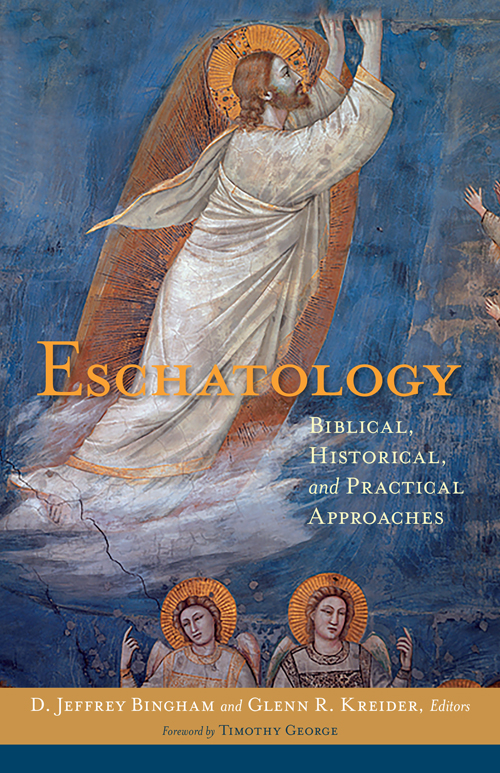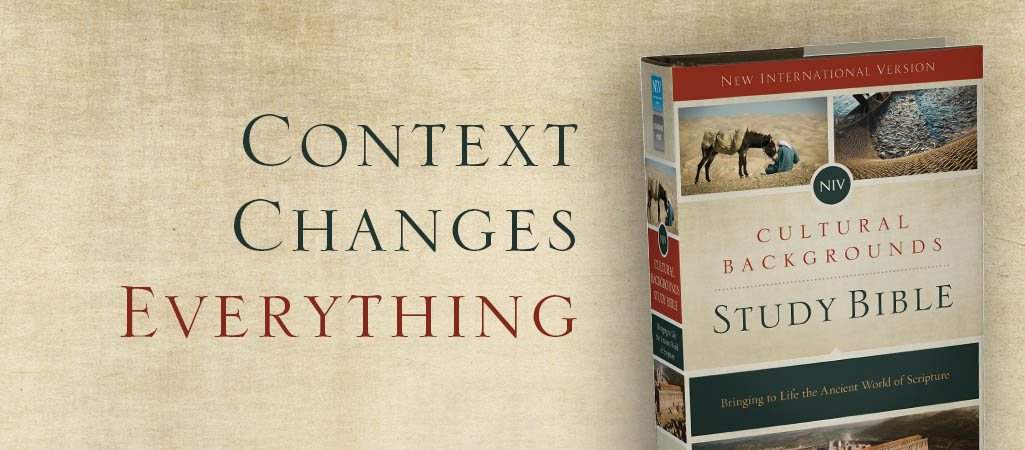One of the things I like to do is read the “Odd News” sections of various websites. After all, the deliberately odd seems preferable to the unintentional farce that is American politics right now. Seriously, folks, when they told us in Civics that “anyone” can be president, that wasn’t a challenge to see how we could scrape the barrel. Do we really want to choose between the Democrat’s political dynasty in the Clintons or the Republican Reality Realty guy in Trump? 300 Million people, 180-200 million easily over 35, and this is the best we can get?
Anyway, not out for a political bloodbath today. Instead, take a look at this story: Switched at Birth. TL:DR? Two friends discovered that 41 years ago, they were switched at birth in a Canadian hospital. This is the second case of switching kids from that hospital in that era. Now, that is a bad thing. And it is even worse if it was related to neglect because it was a hospital run by the government for the Cree Nation. (Not going to take too big of a shot at government run hospitals…)
What I want to take note of is that now, 41 years later, the government is investigating what happened and the families involved are suggesting there could be criminal charges involved. 41 years later, how many people are still working at that hospital? Maybe the 16 year old kid who started as a mop-boy is now the chief of facilities maintenance, but he didn’t mix up babies. What good does it do now? Is it not a little late? To get the facts cleared up, the what went wrong straightened out?
Now, before I go further, I do think some investigation is warranted. And some effort should be made to make sure there have been no other mistakes waiting 40 years to be uncovered. But if this hospital is like any other in these days, they have already adopted rules and guidelines to prevent this happening again. Any holes found in 40 year old procedures are likely irrelevant. It’s like figuring out that “211” would be quicker to rotary dial in case of emergency than “911.” Does that make a difference now?
Not really.
We are often this way, though. We spend so much more time figuring out what went wrong so that we can find someone to blame than we do trying to move forward in the first place. We do this in churches, where we will hold someone responsible for a plan going wrong 20 years ago to the point of hobbling them for what they should be doing now. We do this in life—how many times does one half of a married couple hold on to “what went wrong” 10 years ago? Yes, your husband screwed up a repair job. He may have learned. Yes, your wife may have fallen off the roof last time she fixed the leak—maybe she’s developed a better sense of balance.
The point is: many mistakes and errors should be corrected as quickly as possible, but hand-wringing decades later does very little good. Take a look at history. We can learn from what happened that led to World War 1, but we can’t undo it, can we? Why punish the Serbs today?
Set it aside, if possible, and fix the problem. Then move forward.
Now, a note before you go: some things need dealt with, no matter how long it has been. There is no sunset on issues like abuse—just because it was decades ago doesn’t mean we should not deal with it now. Likewise if there is a continuing problem, like we see in some issues of equality in our nation. We need to openly discuss them.
This is more about lesser things—or the desire to jail octogenarians over the mistakes of youth. It’s about our unwillingness to separate true intentional harm from mistakes. Punish intentional harm; discipline mistakes that they can be learned from.



